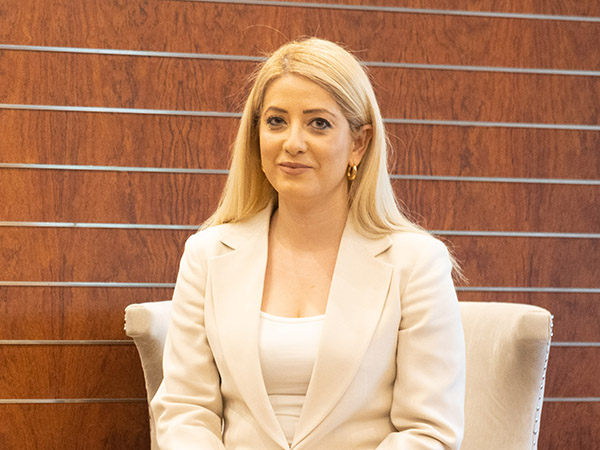Hundreds of bills were submitted to the parliament in the past year, while the most critical bills dealt with the EU’s Recovery and Resilience Fund, local government, civil service reform, judicial reform, and revisions of the constitution, House speaker Annita Demetriou said on Wednesday.
Speaking about the parliament’s work during 2021-2022, Demetriou said that they held a total of 741 parliamentary sessions, had 218 bills submitted for voting, along with 104 regulations.
She added that 247 draft bills were also created in the past year.
Commenting on the crucial laws passed, Demetriou said that the parliament had to vote on pieces of legislation related to the Recovery and Resilience Fund, the reform of local government reform, the public service, judicial reform, the creation of a commercial court, and a maritime court, as well as two revisions of the constitution.
She said that great strides were also made to fight corruption and embezzlement with the establishment of the independent authority on corruption, and on whistle-blowers and lobbying.
Demetriou said that legislation was passed on social policies and the defence of human rights, the establishment of the deputy ministry of culture, the support of victims of crime, the legislation on motherhood and fatherhood, the renewable energy fund and the establishment of femicide as a specific offence.
She also said particular importance was given in the procedure for the criminalisation of bullying (school, work etc.).
Demetriou criticised the semi-governmental institutions for delaying submitting their budgets, saying that it is a practice that takes time, and the parliament cannot be blackmailed and forced to operate speedily.
Top priority for the parliament is to pass the budget that the passing of the budget for the state, which will be discussed on the three days of December 6, 7 and 8, she added.
Also on the immediate priorities are the proposed law to strengthen parliament’s economic autonomy, family law reform, bullying legislation and economic and social transformation happening across the EU.







Click here to change your cookie preferences